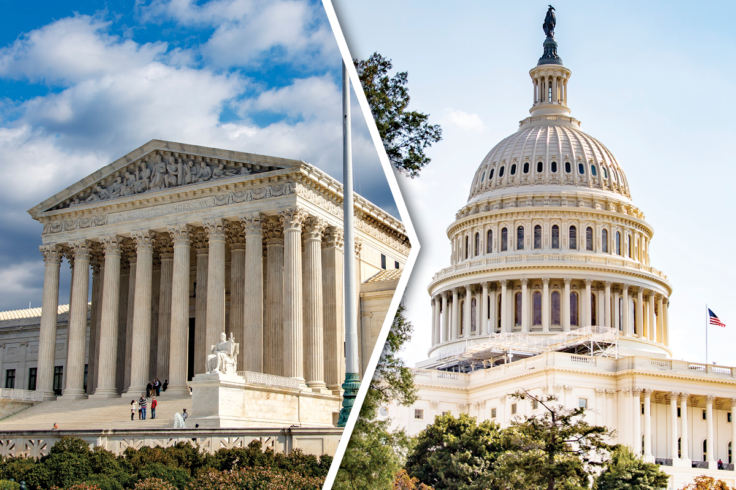The Uncertainty Caused by the Supreme Court’s EPA Ruling on American Businesses
Through their rulings, the conservative-leaning Supreme Court indicates how the court views the relationship between the three branches of government. It also reveals where they believe the decision should lie on establishing new precedent – examining what should be a state versus federal issue and what should be a congressional versus constitutional issue.
The recent West Virginia v. EPA decision, which cites the major questions doctrine for the first time, limits the agency’s power to regulate carbon emissions that cause climate change. As Chief Roberts wrote, “Capping carbon dioxide emissions at a level that will force a nationwide transition away from the use of coal to generate electricity may be a sensible ‘solution to the crisis of the day.’ But it is not plausible that Congress gave EPA the authority to adopt on its own such a regulatory scheme…A decision of such magnitude and consequence rests with Congress itself, or an agency acting pursuant to a clear delegation from that representative body.”
The Supreme Court decision essentially says that federal agencies, or unelected bureaucrats, do not have the authority to create their own rules unless Congress gives them the power to do so. This decision reinforces the court’s view that Congress should be the decision maker on significant and consequential rulings and that agencies do not have free reign to set precedent.
Many government agencies expand on their authority, like the EPA ruling on climate change, by using the rulemaking process, which means that this ruling has far-reaching implications that will likely extend to agencies far beyond the EPA.
Federal agencies will need to consider the major questions doctrine on future rulemakings on standards and regulations. We will likely see impacts in areas such as clean air and water, banking and finance, consumer protections, public health and more.
The uncertainty surrounding the major questions doctrine and its impact on future regulations will create new challenges for the business community. Companies that base their decisions on 10, 15, or 20-year planning goals will now face uncertainty in their investment decisions. There is nothing worse than uncertainty for businesses.
What is certain is that Congress will likely be required to grant authority to agencies in the future. While many experts and scholars analyze the high court’s ruling and its potential impact, most agree that we are likely to face consequences if a deeply divided Congress cannot legislate on future pressing issues, like climate change and public health, in a timely manner.



